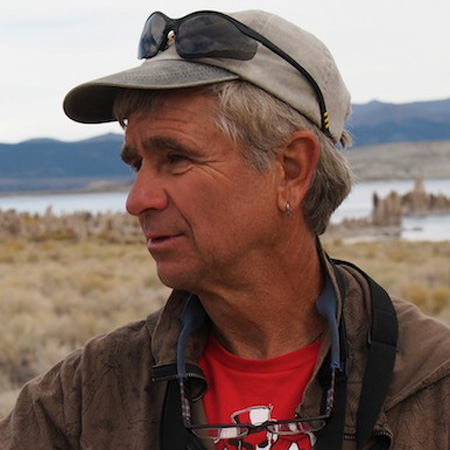I notice so many ant trails on the fire roads this time of year. Well-worn paths by medium-sized dark ants that lead to huge debris piles. These are harvester ants. They are easy to identify not because of shape, color or size but because of the rubble they leave at the entrance to their underground homes. They are harvesting seeds and the germ of the seed is the most nutritious part. The chaff provides little sustenance, so surrounding the holes are huge mounds of unwanted chaff.
Seeing these hard working insects I immediately consider that biblical proverb and a well-known Aesop's fable, both from the indoctrination of my childhood. Ants are often used as metaphors for industrious behavior, self-sacrifice for the greater good and planning ahead for future scarcity. The proverb admonishes, "Go to the ant, you sluggard! Consider her ways and be wise, which having no captain, overseer or ruler, provides her supplies in the summer, and gathers her food in the harvest."
And then there is the ant and the grasshopper. The grasshopper that spent the nice warm summer months just singing, while the ant prepared for winter. The grasshopper begged for food, the ant refused. The grasshopper died. That'll teach him! Like most people, I was more grasshopper than ant as a kid but lately that ant is making more and more sense. Human species take note.
The total biomass of ants on the planet is greater than the total biomass of human beings. Ants have been around for hundreds of millions of years and have survived and evolved through several mass extinctions. There are well over 12,000 described species. They are found in nearly every habitat on every continent but Antarctica.
So while humans are singing and fiddling away with climate change, the ants are meanwhile thriving and adapting to the changes we are manifesting across the environment. We shall see who survives the coming winter.
